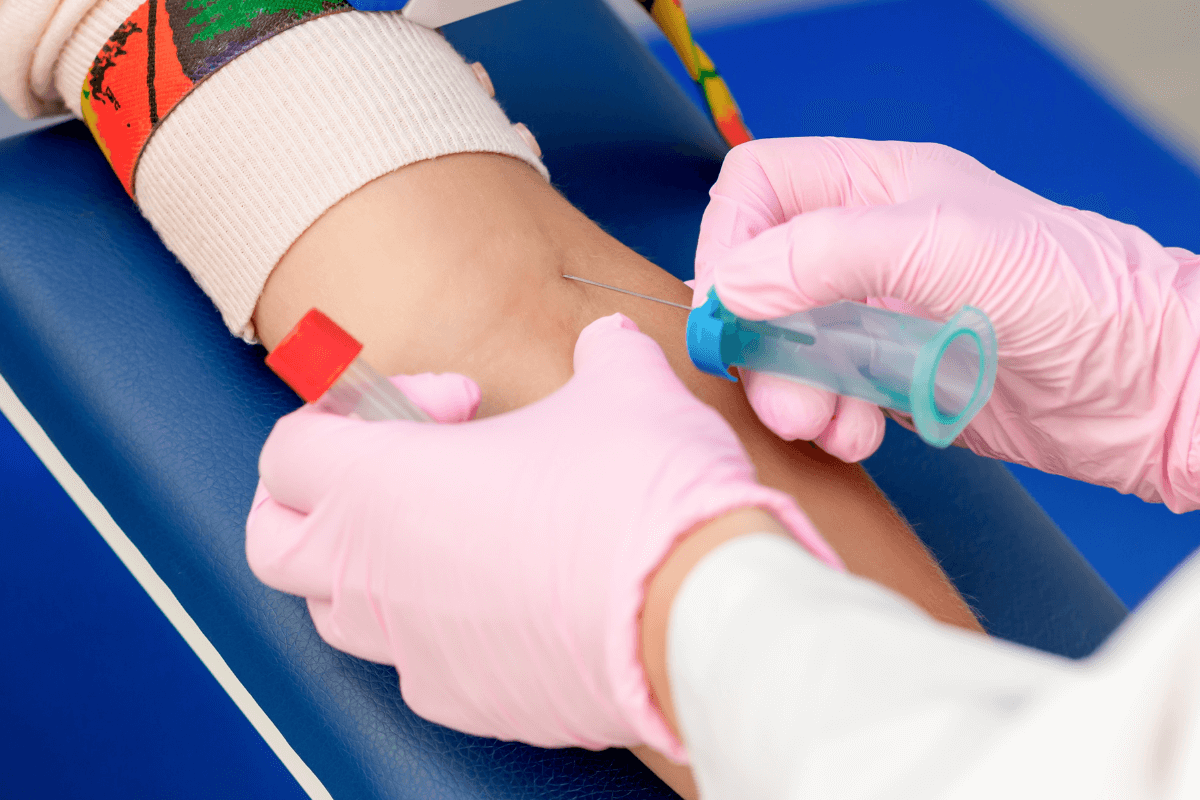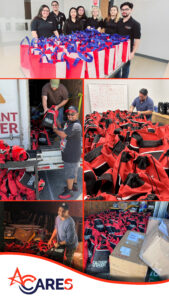What Does a Phlebotomist Do?
Phlebotomists primarily work directly with patients, obtaining blood for donation, medical testing, or transfusions. They are trained to collect blood using procedures like venipuncture, heel pricks, or finger pricks, and prepare blood specimens for transport and laboratory testing.
What Education Does a Phlebotomist Need?
The educational requirements to become a phlebotomist in Texas are among the lowest in medical laboratory courses. This makes it an excellent choice for anyone who wants to start their career quickly.
You need to have a high school diploma or its equivalent GED to qualify for admission into phlebotomy in Waco. Phlebotomy programs are available through technical and vocational training schools and can take about eight weeks to a year to complete.
Your phlebotomy training will include classroom instruction as well as hands-on training in the lab and hospitals. At the end of the phlebotomy training, you\’ll receive a certificate or diploma. Graduates of accredited phlebotomy training programs can practice and start working immediately.
While certification isn\’t a legal requirement in Texas, some employers may require you to obtain it. More advanced certifications also allow you to broaden your career prospects and become a phlebotomist in Texas.
A Day in the Life of a Phlebotomist in Texas
Most phlebotomists work in hospitals, doctors\’ offices, medical and diagnostic laboratories, and blood donation centers. They typically start their day early to draw blood from patients before they’ve had a chance to eat. This ensures that blood results are accurate and consistent. They work with different patients throughout the day, putting them at ease, drawing blood, and carefully marking and arranging the drawn blood before sending them to the lab for analysis.
Here are some standard tools of a phlebotomist:
- Personal protective equipment
- Tourniquets – used as a vein compressor
- Safety trainer device – protects the phlebotomist from accidental needle stick
- Lancets – used to prick the finger or heel
- Butterfly needles – used to puncture a vein
- Evacuated collection tubes – used to store blood collected from a venipuncture procedure
Desired Skills and Traits of a Phlebotomist
Because phlebotomy deals with drawing and storing blood, you need to be comfortable handling blood. Here are other qualities of a phlebotomist:
- Attention to detail: Phlebotomists handle a constant flow of patients, so you need to be precise when drawing blood and labeling to keep track of samples. You must also keep all the equipment and workplace in a sterile condition at all times.
- Dexterity and coordination: Working with sensitive equipment such as needles requires excellent hand-eye coordination and a gentle touch, so you don\’t hurt yourself or the patient.
- Soft skills: A phlebotomist needs to be compassionate and understanding putting patients at ease and making the process of drawing blood as painless and easy as possible.
Phlebotomist Jobs and Salary in Texas
Demand for phlebotomists is at an all-time high for nearly every healthcare facility in Texas and offers excellent prospects for those who hold certifications from a recognized institute. The median annual salary of an experienced phlebotomist in Texas is $33,090. Phlebotomist careers in Texas are expected to grow much faster than other professions, with a projected growth of 31 percent by 2026, with 1,360 annual projected job openings.
Southern Careers Institute\’s Medical Assistant Training program allows students to work toward certifications as a Phlebotomy Technician, Medical Administrative Assistant, Electronic Health Records Specialist, EKG Technician, and more. A career in phlebotomy is in-demand, global pandemic or not. Learn how to become a phlebotomist at scitexas.edu.










